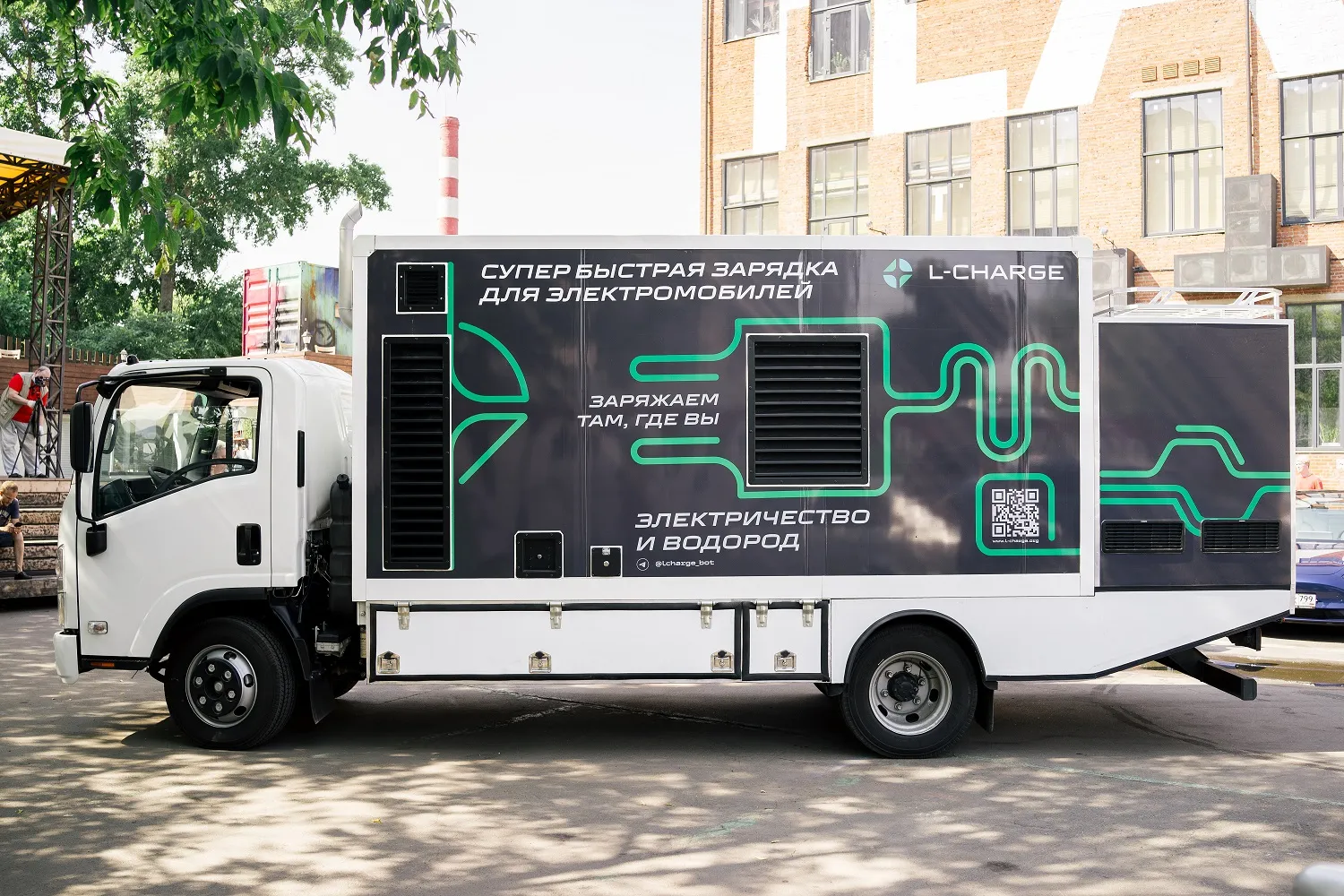In the largest installation of commercial electric vehicle chargers at an airport in the United States, Portland International Airport (PDX) now has 42 L1 PowerPost electric vehicle (EV) charging stations in place.
PowerPost level 1 commercial electric vehicle charging stations, designed and manufactured by Telefonix, feature an integrated retractable cord reel, which keeps cables off the ground, reducing maintenance and tripping hazards. Their low current requirements allow for an efficient use of ener
August 18, 2015
Read time: 2 mins
In the largest installation of commercial electric vehicle chargers at an airport in the United States, Portland International Airport (PDX) now has 42 L1 PowerPost electric vehicle (EV) charging stations in place.
PowerPost level 1 commercial electric vehicle charging stations, designed and manufactured by Telefonix, feature an integrated retractable cord reel, which keeps cables off the ground, reducing maintenance and tripping hazards. Their low current requirements allow for an efficient use of energy, while level 1 charging is well suited for long-dwell parking that is typical at airports and workplaces and enables EV drivers to recover about five miles of range for every hour they are plugged in.
"This installation makes a huge statement," says Bill Williams, business development manager for Telefonix, EVSE Division. "The electric vehicle movement is gaining steam and will continue to do so. Facilities like PDX are acknowledging this growing community and sending a signal that they support those who are embracing electric vehicles by installing stations for both airport employees and travellers."
"We are excited to support our travellers and employees with these new EV charging stations," says Vince Granato, Port of Portland chief operations officer. The installation of EV charging stations is one of our many environmental initiatives, which are central to how we do business and serve as good community stewards."
PowerPost level 1 commercial electric vehicle charging stations, designed and manufactured by Telefonix, feature an integrated retractable cord reel, which keeps cables off the ground, reducing maintenance and tripping hazards. Their low current requirements allow for an efficient use of energy, while level 1 charging is well suited for long-dwell parking that is typical at airports and workplaces and enables EV drivers to recover about five miles of range for every hour they are plugged in.
"This installation makes a huge statement," says Bill Williams, business development manager for Telefonix, EVSE Division. "The electric vehicle movement is gaining steam and will continue to do so. Facilities like PDX are acknowledging this growing community and sending a signal that they support those who are embracing electric vehicles by installing stations for both airport employees and travellers."
"We are excited to support our travellers and employees with these new EV charging stations," says Vince Granato, Port of Portland chief operations officer. The installation of EV charging stations is one of our many environmental initiatives, which are central to how we do business and serve as good community stewards."










